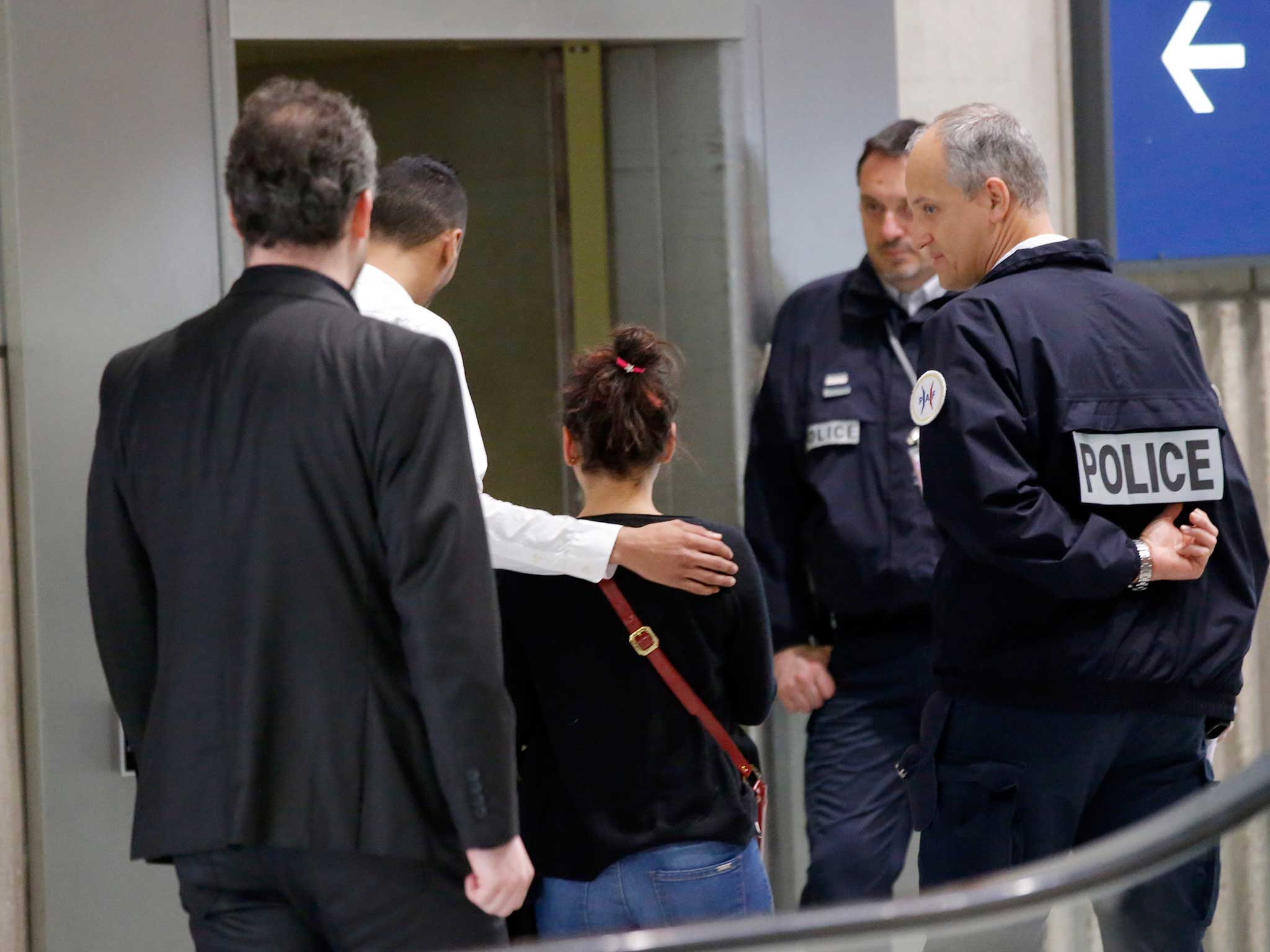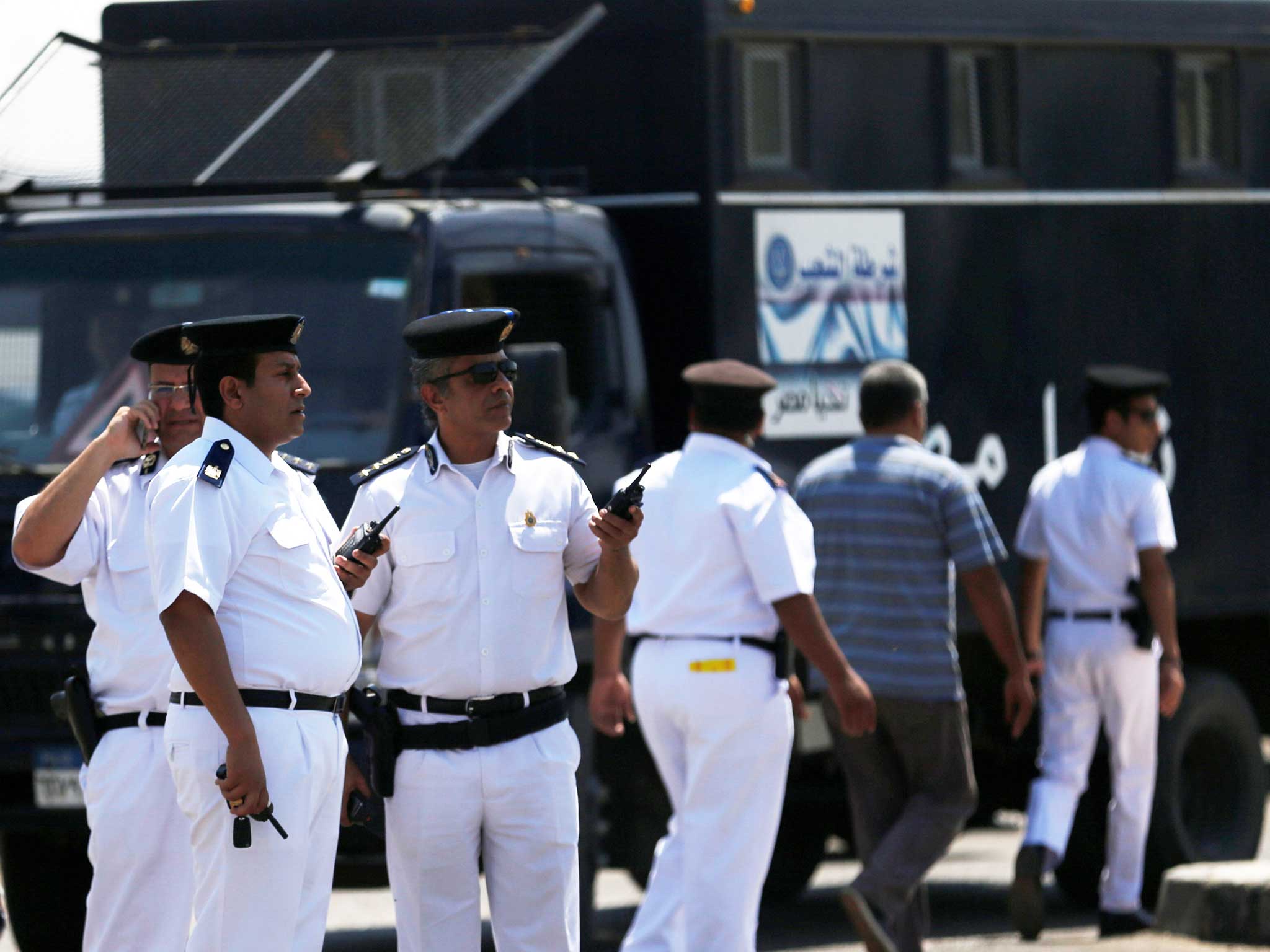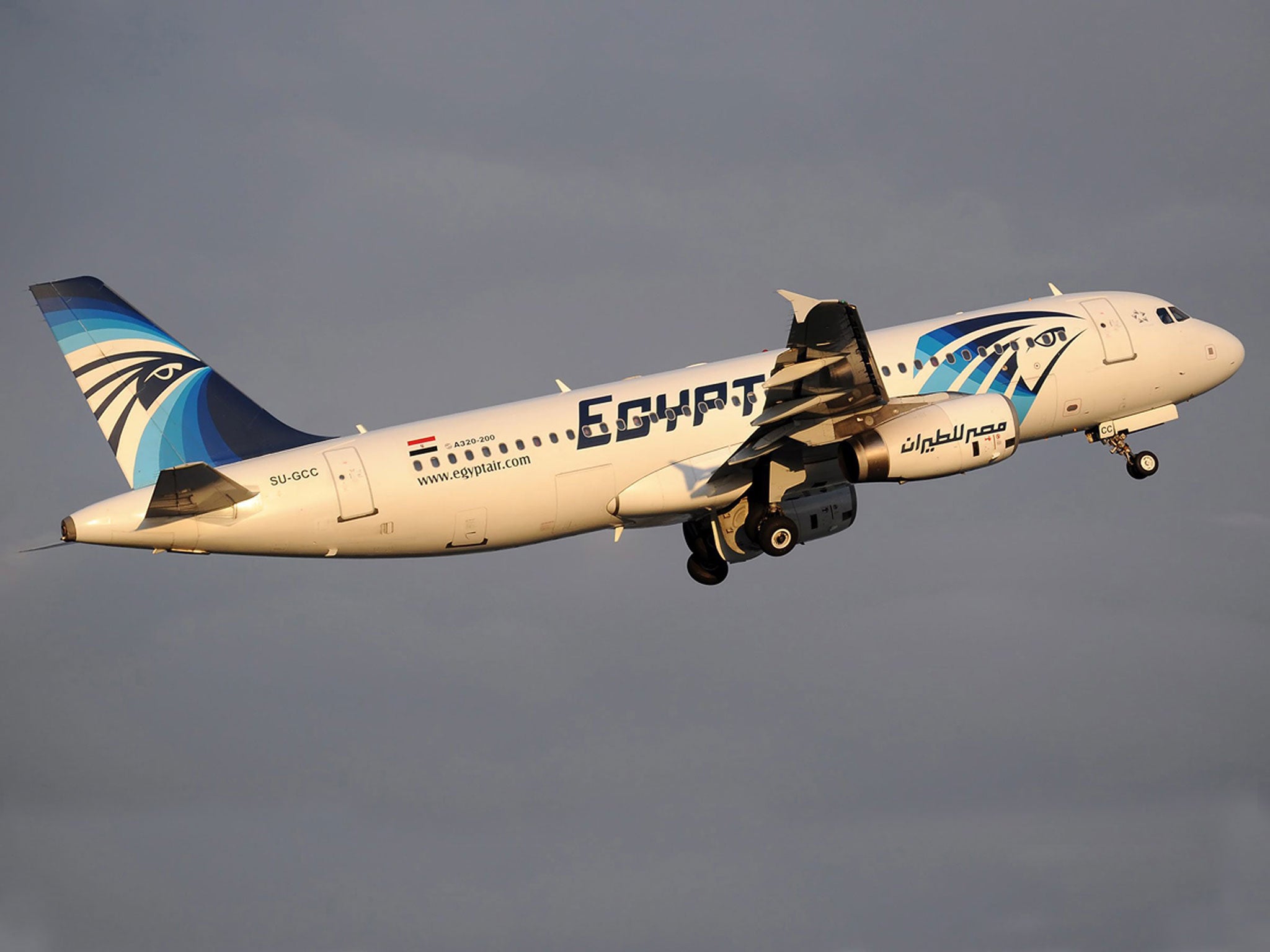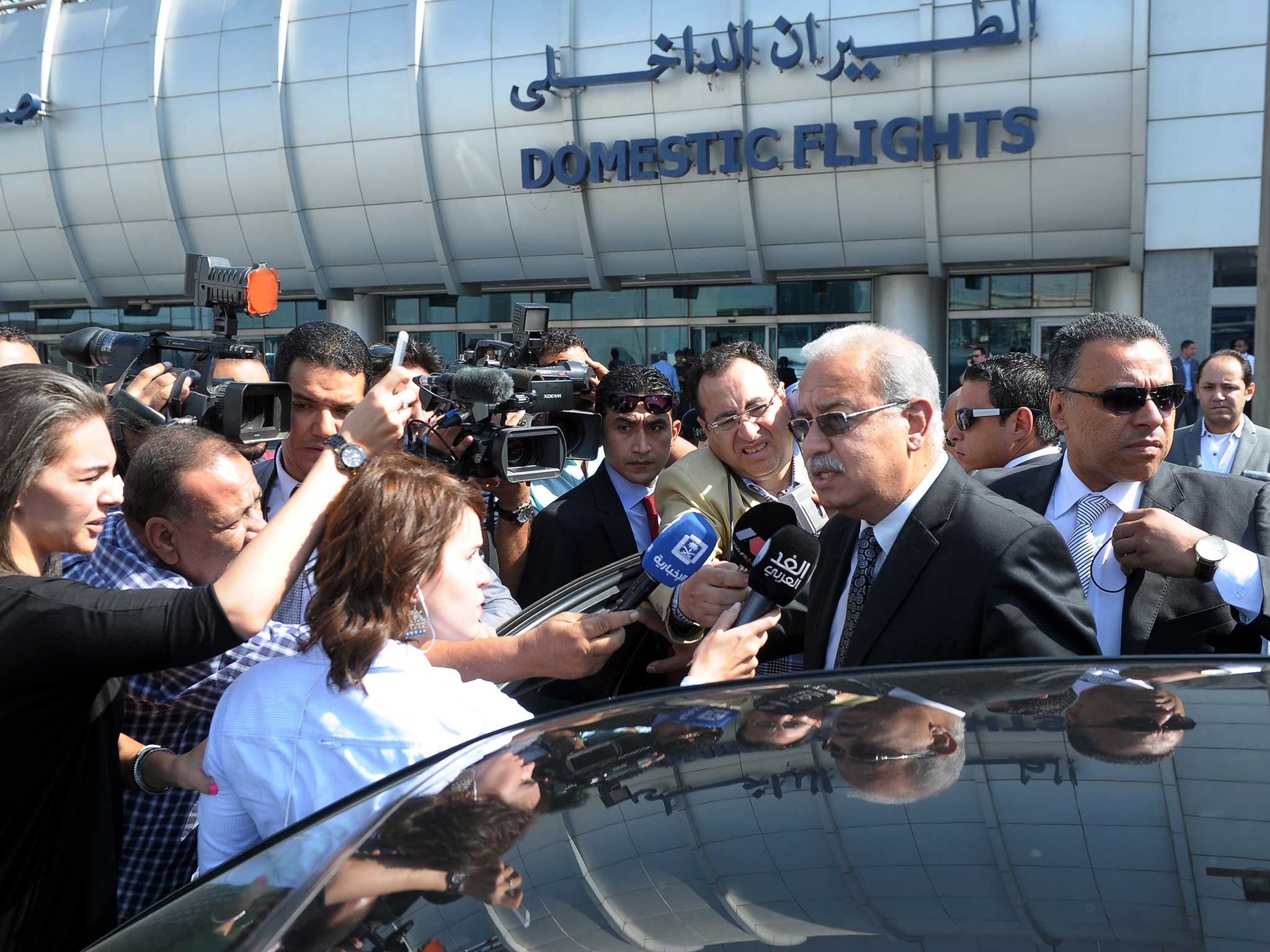EgyptAir crash: What happened to missing flight MS804? Everything we know so far

Your support helps us to tell the story
From reproductive rights to climate change to Big Tech, The Independent is on the ground when the story is developing. Whether it's investigating the financials of Elon Musk's pro-Trump PAC or producing our latest documentary, 'The A Word', which shines a light on the American women fighting for reproductive rights, we know how important it is to parse out the facts from the messaging.
At such a critical moment in US history, we need reporters on the ground. Your donation allows us to keep sending journalists to speak to both sides of the story.
The Independent is trusted by Americans across the entire political spectrum. And unlike many other quality news outlets, we choose not to lock Americans out of our reporting and analysis with paywalls. We believe quality journalism should be available to everyone, paid for by those who can afford it.
Your support makes all the difference.Ships and planes are searching for the wreckage of an EgyptAir plane believed to have crashed into the Mediterranean Sea.
Greek authorities said a search aircraft had located two orange items floating south-east of the island of Crete.
Follow the latest live updates here
It was flying from Paris to Cairo with 66 people on board, including a British passenger, a child and two babies.
What happened?
The scheduled flight left Charles de Gaulle at 11.09pm on Wednesday (10.09 BST) and radar shows it continued on its normal path over Italy and Greece before starting to cross the Mediterranean.
The last signal was picked up by Greek air traffic control at 2.27am (1.27am BST) and the country’s civil aviation ministry said the pilot “did not respond” to contact attempts as the plane headed towards Egyptian airspace.
Egyptian authorities lost contact with the flight at around 2.30am (1.30am BST), 45 minutes before it was due to land at Cairo International Airport.
Did the plane crash?
Officials say the plane is believed to have crashed in the Mediterranean Sea, where two orange items believed to be from the aircraft have been found.
The Greek defence minister has said an EgyptAir “suddenly” started veering to the right and left just before it disappeared from radar.
Panos Kammenos told a news conference flight MS804 had been cruising at an altitude of 37,000ft when it started rapidly losing altitude.
It made “sudden swerves” first 90 degrees to the left, and then in a full circle in the opposite direction immediately after it entered Egyptian airspace, he said.
The aircraft dropped by 22,000ft to 15,000ft before contact was lost at around10,000ft.
Investigators are investigating a report from a captain of a merchant ship who saw a “flame in the sky” at the time, off the island of Karpathos.
Both Francois Hollande, the French President, and manufacturers Airbus, described the plane as “lost”.
Egypt, Greece and France have sent military planes, helicopters and ships to the area but no wreckage has yet been found.

Was there a distress signal?
EgyptAir said the Egyptian military had received an emergency signal from the aircraft around 90 minutes after it disappeared, but officials said they had received no distress call.
The “signal” was believed to be an automatic communication from an Emergency Locator Transmitter, which is designed to alert authorities to sudden loss of altitude or impact.
In water crashes, an underwater locator beacon attached to the aircraft's flight recorders also start to emit a signal or ping.
This helps the search and rescue teams to locate the boxes, and the location of the crash.

Who was on board?
All 66 people on board are feared dead.
They include 56 passengers, three security staff and seven crew members.
EgyptAir said 30 Egyptians, 15 French passengers, two Iraqis, and one passenger from Britain, Sudan, Chad, Portugal, Algeria, Canada, Belgium, Kuwait and Saudi Arabia were on board.
Philip Hammond, the Foreign Minister, said he was “deeply concerned”, while several other foreign heads of state expressed their condolences.
“I can confirm that a British passport holder was on board and the FCO is supporting the missing passenger’s family,” he said in a statement.
A helpline has been set up by Egyptian authorities for anyone concerned, on +202 25989320.

What could have caused the crash?
Investigators say nothing has been ruled out, including a possible terror attack, technical failure, hijack or sabotage.
Egypt's civil aviation minister said he believes it was more likely to have been caused by a terror attack than technical failure.
“If you analyse the situation properly, the possibility of having a terror attack is higher than the possibility of having a technical (problem),” Sherif Fathy told a news conference.
The aircraft involved, registration SU-GCC, had recently flown to Tunis, in Tunisia, Asmara, in Eritrea, Brussels, in Belgium, Alexandria, in Egypt, and Beirut in Lebanon.
The Paris prosecutor has opened an investigation in France, which is understood to be focusing on staff who had contact with the aircraft at Charles de Gaulle airport.

Security has been increased for both employees and passengers in the wake of the downing of a Russian plane by Isis in October last year, and the Paris attacks the following month.
Air travel expert Julian Bray said the lack of an emergency call could mean the plane suffered a “catastrophic failure”, possibly as a result of an explosion.
But Will Geddes, managing director of private security firm International Corporate Protection, urged people to be “cautious” about assuming the disappearance was caused by terrorism.
Commercial airline pilot Chris McGee told Sky News pilots would not respond if they were “too busy” with a technical issue or handling the aircraft.
Greece's civil aviation authority said traffic controllers' last communication with the EgyptAir pilot found him to be “chirpy” before they lost contact.
“There was nothing unusual,” EgyptAir vice chairman Ahmed Adel told Reuters.
The pilot had clocked up 6,275 hours of flying experience, including 2,101 hours on the A320, while the first officer had 2,766 hours, the airline said.

Who is investigating?
Under UN aviation rules, Egypt will automatically lead an investigation into the incident assisted by countries including France.
The country’s chief prosecutor announced an “urgent investigation” on Thursday afternoon, while the Paris prosecutor has launched a separate probe.
Francois Hollande's office said the French leader had spoken to his Egyptian counterpart and that both sides would co-operate closely.
“We are in close contact with the Egyptian authorities, both civil and military,” French Prime Minister Manuel Valls said.
Britain is among the countries to have offered assistance with the continuing search effort in the Mediterranean Sea.
Join our commenting forum
Join thought-provoking conversations, follow other Independent readers and see their replies
Comments